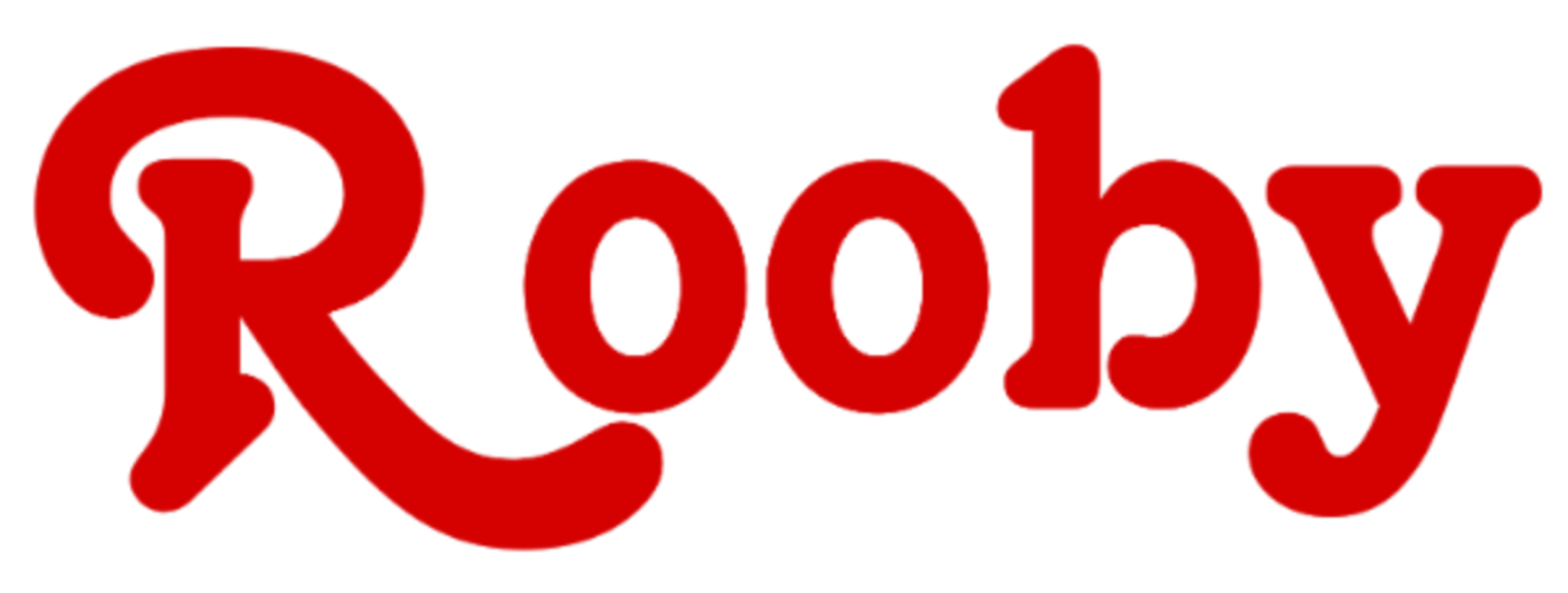In today's fast-paced, digitally connected world, mental health apps are becoming an essential part of modern self-care. As anxiety, stress, and depression continue to affect millions of Americans, technology is offering new tools to support emotional well-being—right from the palm of your hand.
Apps like Calm, Headspace, and BetterHelp are leading the way, helping users manage their mental health on their own schedules and often at a fraction of the cost of traditional therapy. But how effective are these platforms, and can they really make a difference?
Let’s explore the features, benefits, and impact of mental health apps in today’s wellness culture.
Why Mental Health Apps Matter
With over 40 million adults in the U.S. experiencing anxiety disorders and millions more struggling with depression and chronic stress, access to mental health resources is more important than ever. But traditional therapy isn’t always accessible due to high costs, long wait times, or stigma.
Mental health apps bridge that gap by offering affordable, private, and convenient support. Whether it’s through guided meditations, cognitive behavioral therapy (CBT), or journaling prompts, these tools are empowering users to take charge of their emotional health.
1. Calm: For Stress Relief and Better Sleep
Calm is one of the most popular wellness apps in the U.S., designed to reduce stress and promote relaxation through meditation and sleep.
Top Features:
-
Guided meditations for anxiety and focus
-
Sleep Stories read by soothing voices
-
Breathing exercises and calming music
Effectiveness: Users report improvements in sleep quality, reduced anxiety, and better overall mood. Calm is ideal for those looking for gentle, easy-to-use self-care routines.
2. Headspace: Your Daily Mindfulness Coach
Headspace combines mindfulness and science-based strategies to help users manage everyday stress, build focus, and feel more balanced.
Top Features:
-
Daily meditation and mindfulness sessions
-
Specialized content for work stress, burnout, and parenting
-
“Move Mode” for mindful exercise
Effectiveness: Headspace is backed by clinical studies and has been shown to reduce stress and irritability while enhancing focus and resilience.
3. BetterHelp: Online Therapy with Licensed Professionals
Unlike meditation apps, BetterHelp connects users with licensed therapists through messaging, phone, or video sessions.
Top Features:
-
Personalized therapy plans
-
Unlimited messaging with your therapist
-
Flexible scheduling and therapist switching
Effectiveness: For many, BetterHelp offers a practical alternative to in-person therapy. It’s especially useful for those dealing with depression, trauma, or relationship issues.
Are Mental Health Apps Really Effective?
While apps aren’t a replacement for professional care in severe cases, research shows that digital mental health tools can significantly improve symptoms of anxiety, depression, and stress when used consistently. The key is choosing the right app for your needs and making it a regular part of your self-care routine.
Tips for Getting the Most Out of Mental Health Apps
-
Be consistent: Use the app daily, even for just 5–10 minutes.
-
Set reminders: Notifications can help you stay on track.
-
Combine tools: Use a meditation app alongside journaling or therapy for a more complete approach.
-
Track progress: Look for apps that offer progress tracking to stay motivated.
Final Thoughts
Mental health apps are transforming how Americans approach self-care by making emotional wellness accessible, affordable, and personalized. Whether you're dealing with daily stress or looking for deeper support, platforms like Calm, Headspace, and BetterHelp can help you take the first step toward a healthier mind.
As the conversation around mental health continues to grow, these digital tools are proving that self-care can be just a tap away.

.jpg)
.jpg)
.jpg)
.jpg)
.jpg)
.jpg)

.jpg)
Social Plugin